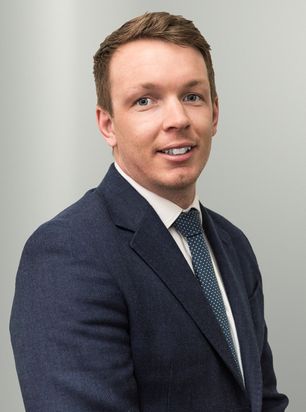Neil Thomas | Founder of Oryx Education
I’ve spoken a lot about the lack of back to school vibes recently so it seems fitting to chat to an ex-teacher. Neil Thomas has over 14 years of international teaching and leadership experience. He recently returned to the UK from Doha to establish his own education consultancy, Oryx Education and is an Associate at High Performance Learning and The-Learning-Crowd. He speaks freely about his mental health and wellbeing and I am chuffed to bits that he is sharing his learning with us in this chapter.
Were there any warning signs of burnout?
Looking back, there were so many warning signs that things were not right, but I was confused as to what was causing me to feel like I was. Was this how people recovering from cancer felt? Was I weak? Was it a delayed reaction to having cancer and the realisation of how big an event it was? Did I go back to work too early? Was I depressed? Was I angry? Why did cancer happen to me? The list of questions was endless.
I could not have wished for more love and support from my family, friends and colleagues, but it was not until I spoke to a counsellor with experience of dealing with cancer patients that things began to become clear for me.
The warning signs that were there, inexplicable tiredness, constant ache and pains, a constant twitching in my eye and a constant dread about opening emails, messages or interacting with colleagues at work about work, were there from September 2020.
However, from January I showed signs of burnout and was constantly restless (Is this right place to be right now? Do I want this job anymore? Do I want to be in Qatar? Are there other options for me?), had little patience (although I always tried to be professional here), I withdrew from social gatherings (although Covid-19 restrictions helped with this!) and I was constantly on the edge of crying.
A few things helped me manage this from March onwards;
1) Speaking to a counsellor helped tremendously. It was a neutral person who I could be upset in front of without feeling like they would be worried or upset for me.
2) I was given time-off and relieved of some work duties, which allowed my last four months in my job to be a little easier. I will be forever grateful to my colleagues on the Leadership Group for taking on extra work in my time of need. If you are a Leader reading this, please try to do the same if you know someone is suffering.
3) I realised that the only person who could help me was me. Other people can not see mental health issues/burnout/stress. You have to come forward and highlight them. If you had broken both your legs, would you be expected to be at work? No. Well, you need to apply this train of thought to you being stressed or burnt-out.
What did you do to recover?
If you’re feeling the effects of stress and burnout and would like some support – whether that’s for you, your team or your business – drop me an email or book a free call, no strings attached.
I’d love to help you with tailormade 1:1 Anti Burnout Business Coaching or Mental Wellbeing Workshops or talks.

